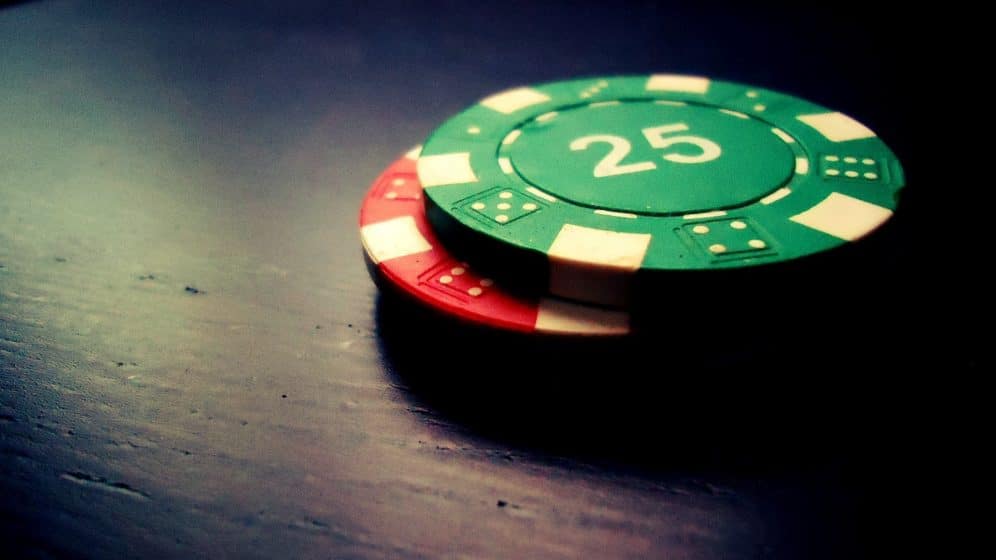
In the Science of Poker series, we'll discuss research published in prominent journals in psychology, mathematics and IT. The aim of these articles is to present the information revealed in the research in a clear and useful way.
This time, we'll be looking at an article published in the journal High Ability Studies - "Decision-making and thought processes among poker players". The authors of the article, Joseph St. Germain and Gershon Tenenbaum investigated the differences in decision-making processes between poker players of different levels of goodness.
The researchers divided the 45 participants into three groups based on ability - experts, regular players and novices. All three groups played 60 hands, which were identical for each group. Players played against a computer, which played regardless of the player's level.
The researchers also measured EV and gross profit, but the findings will surprise no one - experts had the highest EV and earned the most, regular players were the second best, and newcomers came last.
Differences in the thought process
Experts had the highest number of poker-related thoughts (3,012) during the survey. Regular players were a small percentage behind the experts (2,500), and newcomers were almost triple the number of the most experienced players (1,412).
Of course, the sheer volume of thoughts does not tell you anything about the quality of the game. The researchers categorised thoughts into 5 areas:
- Opponent behaviour,
- Simple poker thoughts (hand strength),
- Complex thoughts on poker (pot odds, hand range, position, pot control, dry/wetness of the board),
- Thinking about yourself (image at the table, intuition, hiding your hand strength, actions in the future streets)
- Other (desire to keep playing, feeling of success, not knowing what to do, favourite or disliked hand, fear of betting/playing, anger, thoughts unrelated to poker).
The train of thought was tracked in each situation and street (pre-flop, flop, turn and river). Experts thought mostly in categories 2 and 3, regular players 1-3, novices 1 and 5. Novices started thinking about their opponent's actions only in river situations. Most of the newcomers' thoughts were not related to efficient play (mostly curiosity or a feeling of success).

One of the most interesting observations in this study is that newcomers only start thinking about their opponent's behaviour in river situations.
Conclusions
The scientific literature generally draws conclusions that are relevant to the science itself, but poker players might be more interested in how we can apply scientific findings to the game. The most important area for any professional is playing against the fives or novices. From the thought process we can say a few things:
- Too often, newcomers will respond to bets with all sorts of draws and will not take into account the size of the bets. Curiosity and a sense of luck will usually arise in these situations, so with a wet board and a strong hand, you can safely increase any sizing.
- Newcomers only start thinking about their opponents' actions in river situations. This means two things: newcomers will overcall when they get value on the river, and it will be easier to convince them to bluff. Good poker players can more easily bluff catch by remembering the whole board, whereas newcomers will not.
- In the field of learning, we can see that experts hardly think about the strength of their own arm anymore. We can base this perception on the concept of absolute versus relative arm value. This concept is explored by the trainer RoundMidnight in this video.





